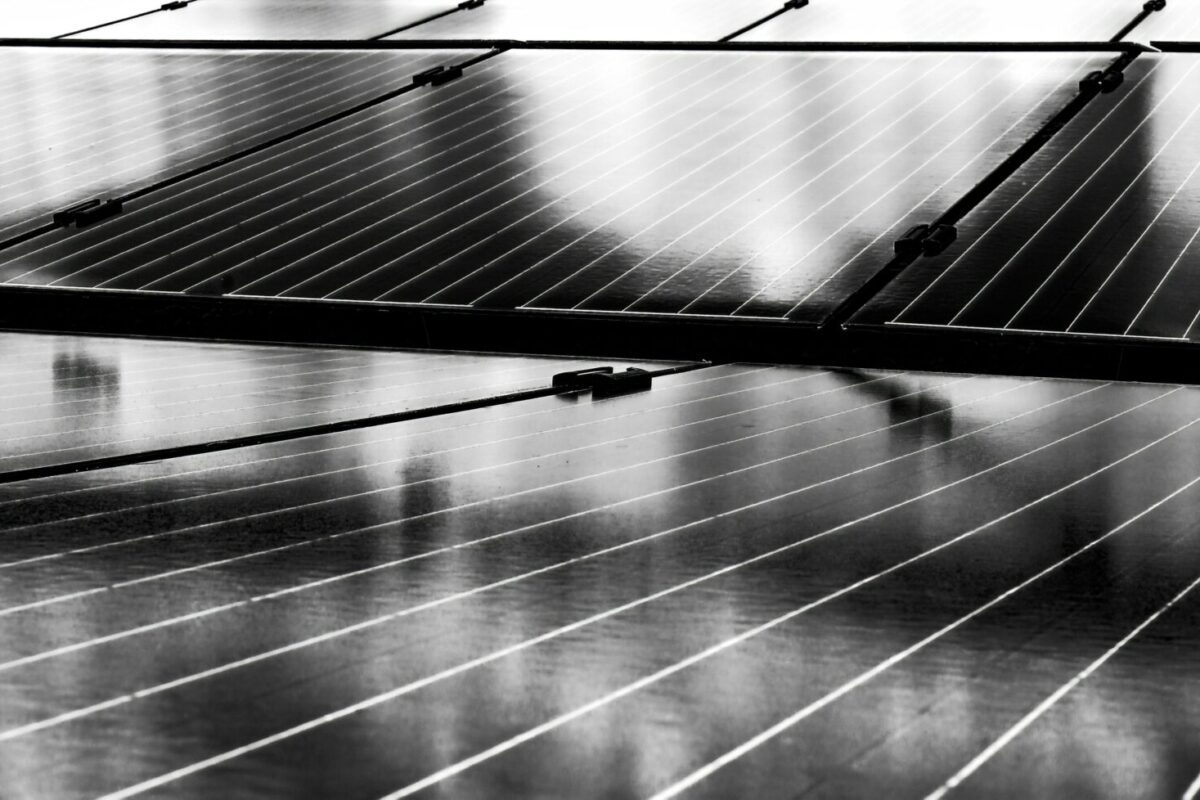The Algerian government is set to restart the long-awaited 4 GW solar tender, which has been delayed since it was first announced last March, president of Algerian solar energy association, Club Energia, and managing director of Tell Group, Mouloud Bakli tells pv magazine.
The tender is part of the country's plan to deploy 22 GW of renewable energy power generation capacity by 2030, including 13.6 GW of PV.
Algerian authorities are currently said to be working with several European institutions (mostly German and Italian) to finalize the remaining sections of the tender, which represents the first phase of Algeria’s solar plan.
“Although it is difficult and risky to provide a timeframe, several communications from the government suggest that a lot of progress has been already made, while there are still only a few issues related to the financing aspects and how to integrate local content while maintaining a competitive LCoE,” Bakli says.
While there is still uncertainty on the exact date of the publication, one thing is for sure: This tender is expected to include rules for local content, and for the emerging Algerian PV private sector industry to play a significant role in its implementation.
“There is now a solid solar manufacturing industry base under development in Algeria. We estimate that around 550 MW of solar module assembly capacity will be operational in the country by the end of this year. Furthermore, there are already several manufacturers of various parts of the supply chain, like junction boxes, mounting structures and cables, PV Glass, aluminum frames, which are able to provide a wide range of high quality products,” Bakli continues.
He adds, “The plan of Algeria is to put in place a process where the selected IPP’s in future tenders will have work with local industry to make it bankable and competitive.”
When asked if using locally manufactured PV components may increase the costs of the planned solar projects, Bakli confirms that they may be slightly higher, but with a negligible delta. “Thanks to an excellent engineering of raw materials, as well as high-quality standards, several players have already demonstrated that projects will be just a bit more expensive than projects only relying on imported modules and components,” he says.
“Our Tunisian neighbors have shown they can win on a price race and export good quality modules in Europe. The race against Asian cheap modules is not at all a fatality. The African and Sub-saharian market is also huge, as it is forecast to reach 70 GW by 2030, so we cannot miss this opportunity,” he adds.
Furthermore, according to Bakli, the development of a local solar industry would have a positive impact at the macro level, in terms of GDP and collateral growth, which would be determined by the creation of local jobs and an ecosystem of enterprises and outsourcing with professional profiles in the industry.
As for the potential for manufacturing inverters, Bakli’s opinion is that this option is not realistic. “Indeed, if we consider the high level of complexity of the latest state of art inverters, especially for long term performance warranty and outdoor harsh conditions, this option does not create massive jobs, and may jeopardize lifetimes with very limited job creation, also taking into account that big international inverter makers are already operating in the Algerian market,” he says.
More pipelines, more tenders
The 4 GW tender for large-scale projects is only one of several pipelines the Algerian government is planning to launch over the next few years. As a result of the creation of a new Ministry of Environment and Renewable Energies in mid-2017, two more tenders for off-grid projects have been announced.
A first 100-120 MW dinar-linked reverse auction for the private local sector is due to be launched by the end of the second quarter of this year, according to Bakli. The full build out pipeline of around 1 GW will be announced by the Algerian Electricity and Gas Regulation Commission (CREG). IPP projects selected in the competition will also have to rely on a quota of locally manufactured components. “Local content, a low LCOE, and the PPA price are key to win the auction,” he stresses.
Selected developers will be granted a PPA with a duration ranging from 20 to 25 years, while projects are expected to have a power range of 5 MW to 10 MW, and to be spread across more than 15 preselected sites in different regions.
Joint ventures would probably be accepted for these projects, particularly for EPC, development, consortium structuring and financing, Bakli further explains. “Through this tender, the Algerian PV industry has the chance of proving itself as reliable,” he says.
Another pipeline, the combined capacity of which may range between 200 MW to 300 MW over the next few years, will be launched by the Algerian state-owned power and gas provider, Sonelgaz, which is expected to announce the first 50 MW EPC tender for off-grid hybrid gas/diesel and solar projects soon. This plan was created to drastically reduce power prices in non-interconnected areas.
“Currently, power is produced in these areas at around 25 DZD (US$0.20) per kWh. We believe, however, that solar may reduce this price to the range of 10 DZD (0.08$) per kWh,” Bakli says. The solar facilities built under this tender may be combined with new or existing gas and diesel power plants.
A third, 1.3 GW, pipeline by 2030 has also been announced, although precise details are still lacking. It is being developed by government-owned oil company, Sonatrach, which is also cooperating with international players, like Eni and Engie in the field of solar energy.
This content is protected by copyright and may not be reused. If you want to cooperate with us and would like to reuse some of our content, please contact: editors@pv-magazine.com.




2 comments
By submitting this form you agree to pv magazine using your data for the purposes of publishing your comment.
Your personal data will only be disclosed or otherwise transmitted to third parties for the purposes of spam filtering or if this is necessary for technical maintenance of the website. Any other transfer to third parties will not take place unless this is justified on the basis of applicable data protection regulations or if pv magazine is legally obliged to do so.
You may revoke this consent at any time with effect for the future, in which case your personal data will be deleted immediately. Otherwise, your data will be deleted if pv magazine has processed your request or the purpose of data storage is fulfilled.
Further information on data privacy can be found in our Data Protection Policy.